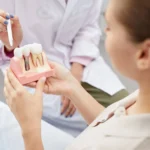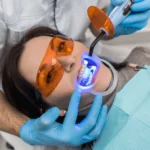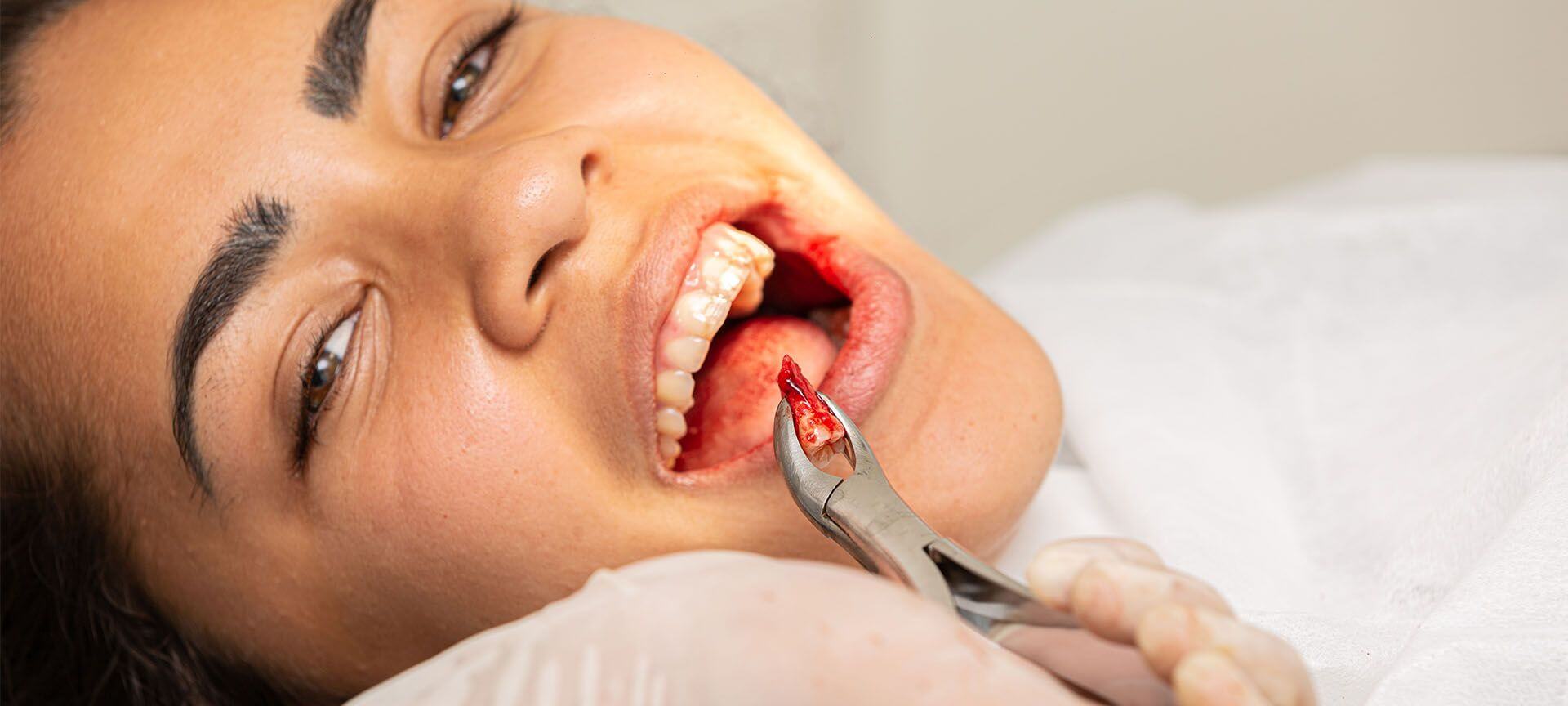Are your wisdom teeth causing you more pain than wisdom? If so, you’re not alone! Wisdom teeth, also known as third molars, can be a source of discomfort and oral health issues for many people. In this blog post, we will delve into the importance of wisdom teeth removal for maintaining good oral health and overall well-being. So sit back, relax, and let’s explore why saying goodbye to those pesky molars might just be the best decision for your smile!
What are Wisdom Teeth?
Wisdom teeth, scientifically known as third molars, are the last set of teeth to emerge in your mouth. They usually make their grand appearance between the ages of 17 and 25, a time that is often associated with gaining wisdom hence their fitting name. However, these latecomers don’t always bring the enlightenment you might expect.
Unlike other permanent teeth that serve essential functions like chewing and maintaining facial structure, wisdom teeth are considered vestigial – remnants from our ancestors who needed extra molars for grinding tough plant material. As a result, many modern humans simply don’t have enough room in their jaws for these additional molars to erupt properly.
When wisdom teeth do decide to show up uninvited, they can cause a host of problems such as crowding, impaction (when they get stuck beneath the gum line), infection, and misalignment of neighboring teeth. This can lead to pain, swelling, difficulty cleaning around them properly which increases the risk of cavities and gum disease.
The Purpose of Wisdom Teeth
Wisdom teeth, also known as third molars, typically appear between the ages of 17 and 25. These additional set of molars served a purpose in our ancestors who had larger jaws to accommodate them. The idea was that they helped with chewing tough foods like roots, nuts, and raw meat.
However, as human diets have evolved over time to include softer cooked foods, the need for wisdom teeth has diminished. In many cases today, these extra molars can cause more harm than good due to issues like overcrowding or impaction.
The presence of wisdom teeth can lead to various oral health problems such as pain, infection, crowding of other teeth, and even cysts or tumors forming around impacted wisdom teeth. Therefore,
it’s important to consider whether keeping these vestigial molars is worth the potential risks they pose to your oral health in the long run.
Why Removing Wisdom Teeth is Necessary
Wisdom teeth, also known as third molars, typically emerge in the late teens or early twenties. While these teeth served a purpose for our ancestors who had larger jaws, they often pose issues for modern humans due to changes in diet and jaw size.
One of the main reasons why removing wisdom teeth is necessary is due to their tendency to become impacted. Impacted wisdom teeth can lead to pain, infection, and even damage to surrounding teeth if left untreated.
Furthermore, wisdom teeth are located at the back of the mouth where it can be challenging to clean properly. This can result in an increased risk of tooth decay, gum disease, and other oral health problems.
By proactively addressing the need for wisdom teeth removal, individuals can prevent potential complications down the road and maintain optimal oral health. Consulting with a dental professional is crucial in determining whether extraction is necessary for each individual case.
Risks Associated with Leaving Wisdom Teeth in Place
Leaving wisdom teeth in place can lead to a host of risks that may impact your oral health. One common issue is impaction, where the wisdom teeth do not have enough room to emerge properly, causing pain and potential infection.
Moreover, leaving wisdom teeth untouched can result in crowding or shifting of other teeth over time. This misalignment can disrupt the bite and make it challenging to maintain proper dental hygiene.
In some cases, cysts or tumors may develop around impacted wisdom teeth, posing serious health concerns if left untreated. Additionally, partially erupted wisdom teeth are prone to trapping food particles and bacteria, increasing the risk of decay and gum disease.
Ignoring these risks can lead to more complex dental problems down the road. It’s essential to consult with a dentist to assess whether removing your wisdom teeth is necessary for maintaining optimal oral health.
Procedure and Recovery Process
Once the decision has been made to remove your wisdom teeth, the next step is understanding what to expect during the procedure and recovery process.
On the day of surgery, you will be given anesthesia to ensure you are comfortable throughout the extraction. The dentist will then carefully remove the teeth, taking care to minimize any discomfort or pain.
After the procedure, it is normal to experience some swelling and mild discomfort. Your dentist may prescribe pain medication to help manage any post-operative pain.
It’s crucial to follow your dentist’s post-operative instructions diligently. This typically includes eating soft foods, avoiding strenuous activities, and keeping the extraction site clean as it heals.
Recovery time varies from person to person but in general, most people start feeling better within a few days after surgery. Remember that proper care during this period plays a significant role in ensuring a smooth recovery process.
Alternatives to Removal
When it comes to wisdom teeth, removal isn’t always the only option on the table. In some cases, if the wisdom teeth are not causing any issues or pain, a wait-and-see approach may be recommended by your dentist. Regular monitoring through dental check-ups can help track any changes in their position or impact on surrounding teeth.
Another alternative to extraction is preventive measures such as maintaining good oral hygiene practices. Proper brushing and flossing techniques can help keep wisdom teeth clean and reduce the risk of infections or decay. Your dentist may also recommend using special mouthwashes or rinses to further protect these hard-to-reach molars.
In certain situations where removal is not feasible due to health concerns or other reasons, managing symptoms with pain relievers or anti-inflammatory medications might be suggested. However, it’s crucial to consult with your dentist regularly to ensure that any potential issues are promptly addressed and treated accordingly.
Conclusion: Prioritizing Oral Health for a Better Quality of Life
Taking care of your oral health is essential for overall well-being. Wisdom teeth removal plays a crucial role in maintaining good oral hygiene and preventing potential issues down the line. By understanding the purpose of wisdom teeth, the risks associated with keeping them in place, and the procedure involved in their removal, you can make informed decisions about your dental health.
Remember that neglecting to address problematic wisdom teeth can lead to various complications such as crowding, infections, and even damage to surrounding teeth. While extraction may seem daunting, it is a routine procedure that can significantly benefit your oral health in the long run.
Consulting with your dentist or oral surgeon will help you determine whether wisdom teeth removal is necessary for you. By prioritizing regular dental check-ups and addressing any concerns promptly, you are taking proactive steps towards achieving a healthier smile and better quality of life. Your oral health matters – make it a priority!












